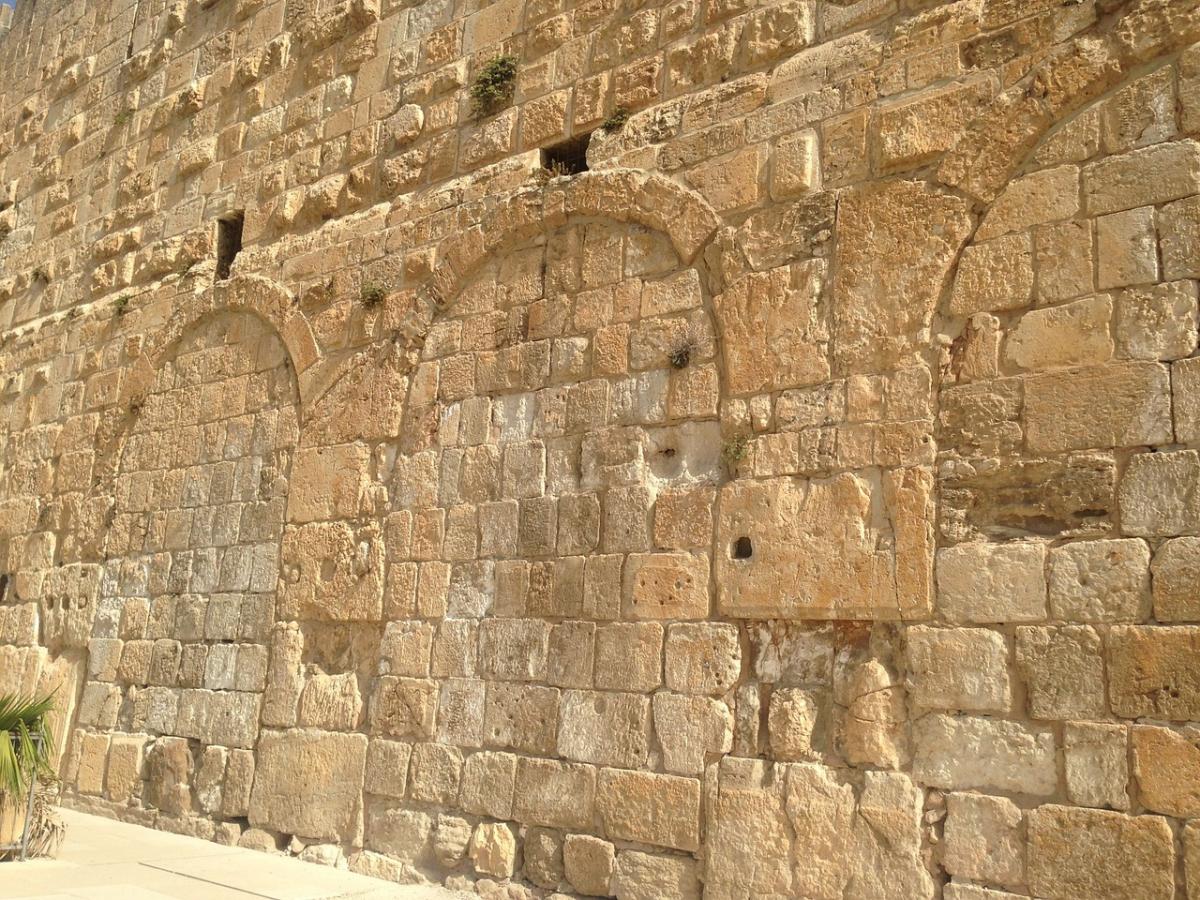Fast of Tevet
 The Fast of Tevet is one of the lesser-known, and perhaps lesser-felt fast days on the Jewish calendar. It marks the beginning of the Babylonian siege on Jerusalem (as mentioned in Jeremiah 39) but is there more to the day?
The Fast of Tevet is one of the lesser-known, and perhaps lesser-felt fast days on the Jewish calendar. It marks the beginning of the Babylonian siege on Jerusalem (as mentioned in Jeremiah 39) but is there more to the day?
Rabbi Aharon Adler explores some other resonances of the Fast of Tevet in a fascinating audio lecture, beginning with the question posed to the prophet Zekharya about if the returnees to Zion should fast on the fast days marking the Destruction.
The Fast of Tevet also marks the moment when the Jewish community already in Babylonia found that Jerusalem was destroyed - months after the burning of the Beit HaMikdash.
Earlier on, though, Yehezkel gives a harrowing prophecy on the tenth of Tevet.
Rabbi David Sabato elaborates on the tenth of Tevet prophecies.
Dr. Tova Ganzel discusses the symbolic connection between Yehezkel’s personal tragedy and the national tragedy as expressed in the prophecies of this day.
The prophet Yirmiahu has the thankless task of expressing God’s warnings and calls for repentance to the people of Jerusalem as the destruction looms ever closer.
Rabbanit Shani Taragin sheds new light on Yirmiahu’s mission in this video lecture.
Though the people do not listen to him, Yirmiahu stays with them - even at personal risk. Rabbi David Sabato writes about the sad parallels between Yosef in the pit and Yirmiahu in the pit at the hand of those who should be brothers.
Dr. Yael Ziegler writes about the historical background leading up to the Destruction of Jerusalem in the introduction to a series about Eikha (Lamentations), a book which poetically describes the experience of the destruction of Jerusalem.
Why was Jerusalem chosen in the first place? Rabbi Moshe Shulman speaks about the significance of the choice, position, and location of Jerusalem as described in Tanakh.
We hope that these resources will add meaning and purpose to this day. May we soon see the day when these fasts will turn into "festivals and days of joy (Zech. 8:19.)

